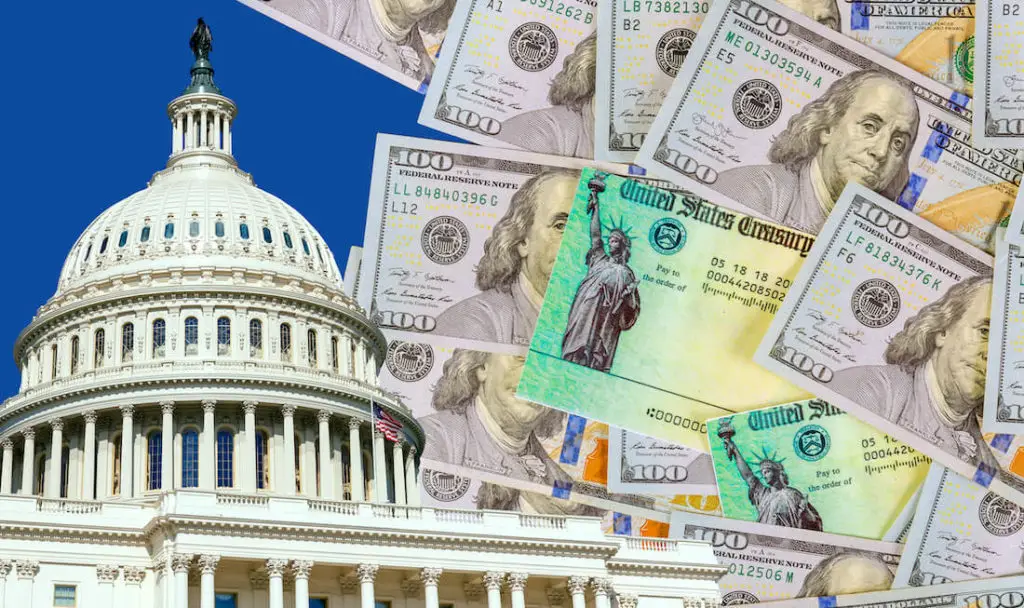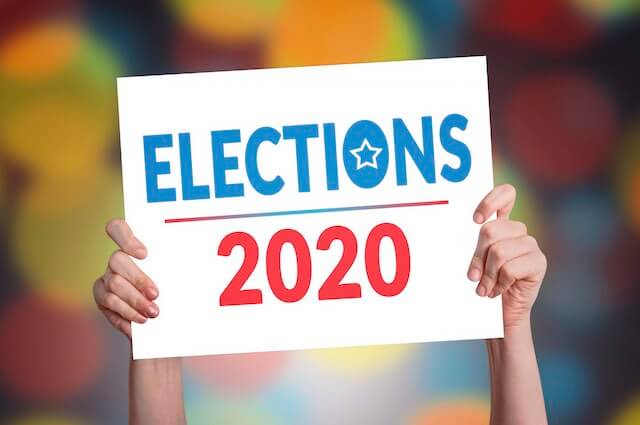The process for arriving at an amount for any federal employee pay raise is always complex. The decision on the pay raise amount is largely a political process. Unlike the settled, automatic process for deciding the amount of a COLA increase for retirees in the coming year, the federal employee pay raise process is as convoluted and disorganized as our political process.
But, when one thinks nothing new can happen in deciding any raise amount for the next year, along comes a new twist to demonstrate it is always possible for the process to become even more complex.
As we might have expected in a year filled with drama and unexpected events, determining next year’s pay raise is even more unusual and convoluted this year.
Here is roughly where the pay raise process has progressed this year:
- The President’s fiscal year 2021 budget proposal proposed a 1% pay raise for federal employees in 2021.
- On February 10th, President Trump sent an alternative pay plan for a 1% across-the-board pay raise for 2021 with no locality area pay raise.
- In November, the Senate introduced a funding bill with a suggested pay freeze for federal employees. The pay freeze was supported by the administration, in part because of the economic situation with the COVID-19 pandemic.
- Congress has now passed a spending bill. The bill does not contain legislation with any amount for a 2021 pay raise.
- Both chambers passed a seven-day extension of government funding on Monday, December 21st. This prevents a government shutdown—at least for a few days. President Trump signed the spending extension Tuesday morning.
- Also on Tuesday, President Trump expressed his displeasure with the spending bill. President Trump stated in a video: “I’m also asking Congress to immediately get rid of the wasteful and unnecessary items from this legislation, and to send me a suitable bill or else the next administration will have to deliver a package, and maybe that administration will be me.”
- President Trump has the option of vetoing the spending bill. If the president does not sign or veto the bill within 10 days after passing, it would become law without his signature.
- If the bill is vetoed, each chamber in Congress would need to either pass new legislation that satisfies the president or vote to override his veto, which requires a two-thirds threshold for passing in both the House and the Senate.
- Various news articles have appeared touting a raise for federal employees is forthcoming in 2021 based on the spending bill. For example, a federal employee union issued a press release stating “Federal employees will receive a 1 percent across-the-board pay adjustment starting in January.”
Will There Be a Pay Raise Next Year?
A definitive statement that there will be a 1% across-the-board pay raise in 2021 is premature. That could happen. It is not definite.
It is possible there will be a presidential veto and a new bill will be passed, or President Trump could sign the spending bill despite his displeasure with the current bill.
The spending bill does not dictate what the pay raise will be. Despite having issued an alternative pay plan last February, a lot has happened since that time including massive spending by the federal government as a result of the COVID pandemic.
If the current spending bill is passed, either because it is signed by President Trump or because Congress overrides a veto of the bill, a pay raise may (or may not) be forthcoming.
Authority has been given to the president to issue a statutory alternative plan plan under 5 U.S.C. 5303(b) and 5304a. That was issued in February and called for an across-the-board pay raise of 1% with locality pay percentages remaining at 2020 levels. The legislative authority states the alternative pay plan will be issued before September 1st.
President Trump will have to issue an Executive Order implementing a pay raise if there is going to be a raise. President Trump could decline to issue the Order using the argument that the pandemic emergency and massive federal spending superseded the alternative pay plan. No doubt, if that is done, the issue will end up being the subject of a lawsuit(s). Or, perhaps, a President Biden could issue an Executive Order after the inauguration implementing a pay raise.
Will There Be a Shutdown?
If there is a shutdown of the government (again), it will most likely be a short one but there are no guarantees.
The most recent short-term spending bill expires next week. Many Congressional representatives have already gone home for the holidays. President Trump may (or may not) sign the spending bill.
President Trump has until December 28th to sign the bill after Congress passed, and he approved, a recent seven-day continuing resolution. This legislation was a backstop to prevent a shutdown. In theory, Congress would deliver the bill to President Trump and he would sign it by the 28th.
That may still happen. Or not.
A stalemate could lead to another short-term shutdown that could last for a few days. Congress may reconvene on January 3, 2021. Attempts to rewrite the legislation just passed could be a brutal political fight that could easily extend through inauguration day.
In short, a number of items are still up in the air. This is a unique situation we have not seen before. Definitive conclusions about what is going to happen with a shutdown and a pay raise would be premature in light of the current political dissension.






